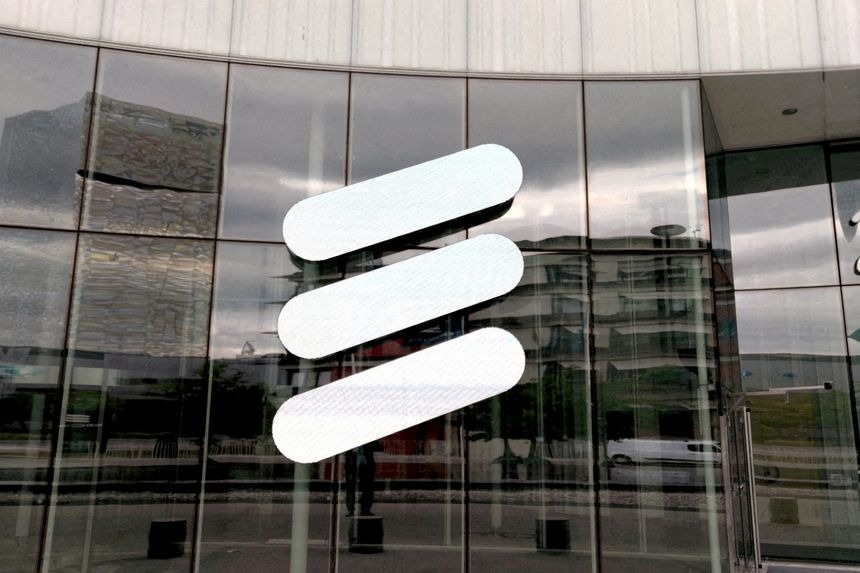Ericsson, the Swedish telecommunications giant, recently agreed to pay a hefty fine of $206.7 million to the United States Department of Justice (DOJ) to settle charges of corruption related to its business dealings in Iraq. This marks the latest in a series of high-profile corruption cases involving multinational companies operating in the Middle East, and underscores the need for greater vigilance and transparency in corporate governance and international business practices.
According to court documents, Ericsson engaged in a pattern of corrupt behavior between 2000 and 2014, paying millions of dollars in bribes and kickbacks to officials in Iraq’s government and state-owned telecommunications company in order to secure contracts and gain a competitive advantage in the Iraqi market. These illicit payments were facilitated through a web of intermediaries, shell companies, and fictitious consulting agreements, which Ericsson used to conceal its illegal activities from regulators and auditors.
In addition to the financial penalty, Ericsson also agreed to enter into a deferred prosecution agreement with the DOJ, which requires the company to implement a series of remedial measures designed to prevent future violations of anti-corruption laws. These measures include strengthening internal controls and compliance programs, providing regular training to employees and business partners on anti-corruption policies, and engaging an independent monitor to oversee the company’s compliance efforts.
The settlement reflects a growing trend in recent years of U.S. authorities aggressively pursuing foreign companies for alleged violations of anti-corruption laws, particularly under the Foreign Corrupt Practices Act (FCPA). This law prohibits U.S. companies and individuals from paying bribes to foreign officials in order to obtain or retain business, and imposes significant penalties for violations.
While the FCPA applies only to U.S. entities, it has broad extraterritorial reach and can be used to prosecute foreign companies that engage in corrupt practices in connection with their U.S.-related business activities. This has led to a significant increase in FCPA enforcement actions against foreign companies in recent years, as U.S. authorities seek to level the playing field for American businesses and promote greater transparency and accountability in global commerce.
The Ericsson case is particularly noteworthy for its size and scope, as well as the duration of the illegal conduct. The company’s corruption scheme spanned more than a decade, involving multiple high-level executives and officials in Iraq’s government, and resulted in substantial financial gains for Ericsson at the expense of fair competition and ethical business practices.
The settlement also highlights the challenges faced by multinational companies operating in countries with high levels of corruption and weak rule of law. While many companies strive to maintain high ethical standards and comply with local laws and regulations, the pressure to win lucrative contracts and gain market share in competitive environments can lead some firms to engage in corrupt practices.
To mitigate these risks, companies must take proactive steps to assess and manage their exposure to corruption and other compliance risks, including conducting thorough due diligence on business partners and third-party agents, implementing robust anti-corruption policies and procedures, and providing regular training to employees and business partners on anti-corruption laws and best practices.
Moreover, companies must be prepared to take swift and decisive action in response to allegations of wrongdoing, including conducting internal investigations, cooperating with regulatory authorities, and taking appropriate disciplinary action against employees or business partners who engage in misconduct.
The Ericsson case serves as a cautionary tale for companies operating in high-risk environments, highlighting the importance of strong corporate governance and a culture of integrity and compliance. While the financial and reputational costs of corruption can be significant, the benefits of ethical and responsible business practices are equally compelling, including enhanced brand reputation, increased customer loyalty, and improved financial performance over the long term.
In conclusion, the Ericsson case underscores the critical importance of robust anti-corruption policies and practices in today’s global business environment. As companies continue to expand their operations across borders and engage with diverse stakeholders, they must remain vigilant against the risk of corruption and other compliance violations. By prioritizing ethical business practices, promoting transparency and accountability, and fostering a culture of compliance, companies can not only avoid costly penalties and reputational damage but also contribute to a more sustainable and equitable global economy. The Ericsson case serves as a wake-up call for companies to take a proactive approach to managing their compliance risks and upholding the highest standards of integrity in all their business dealings.
